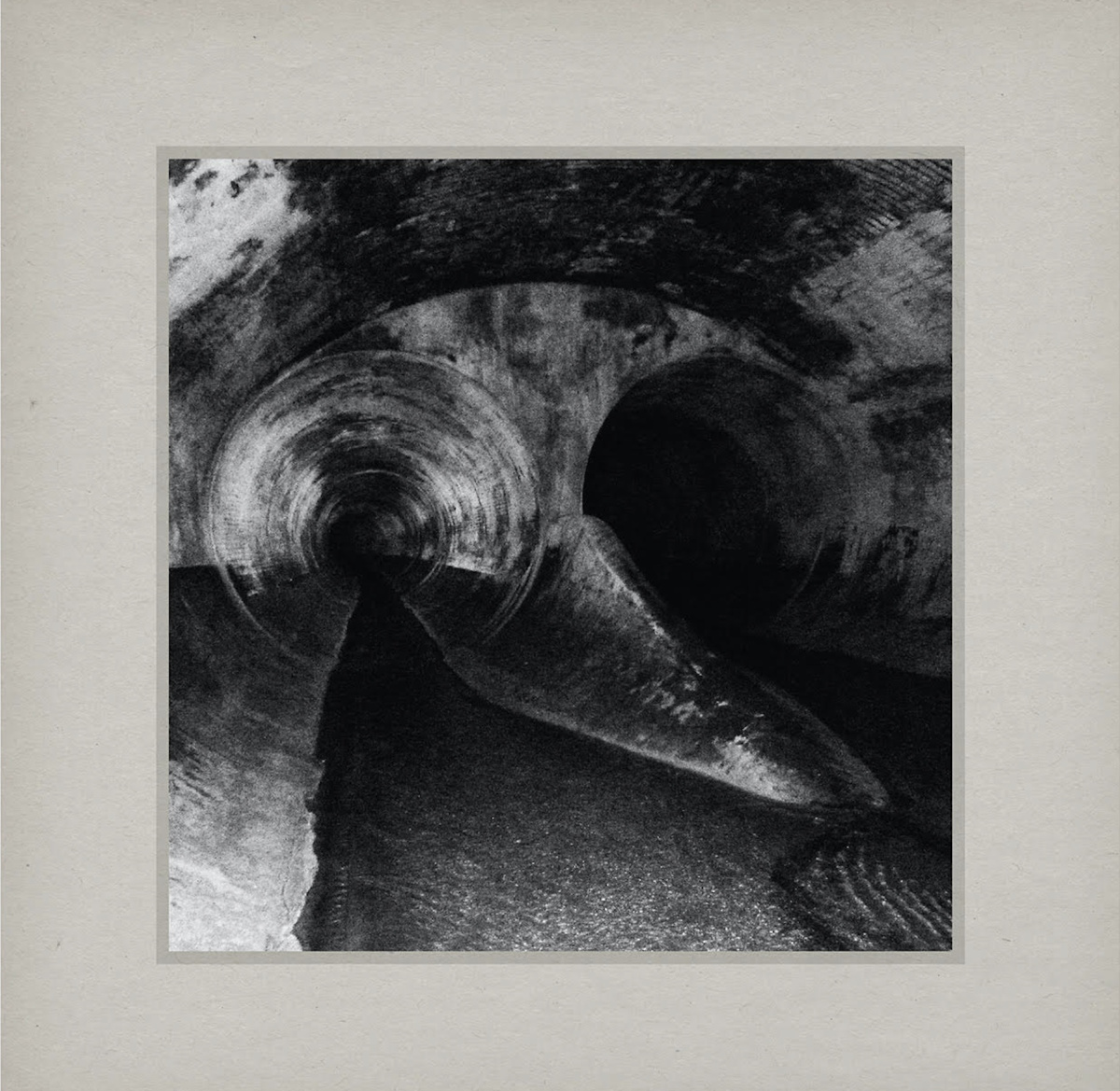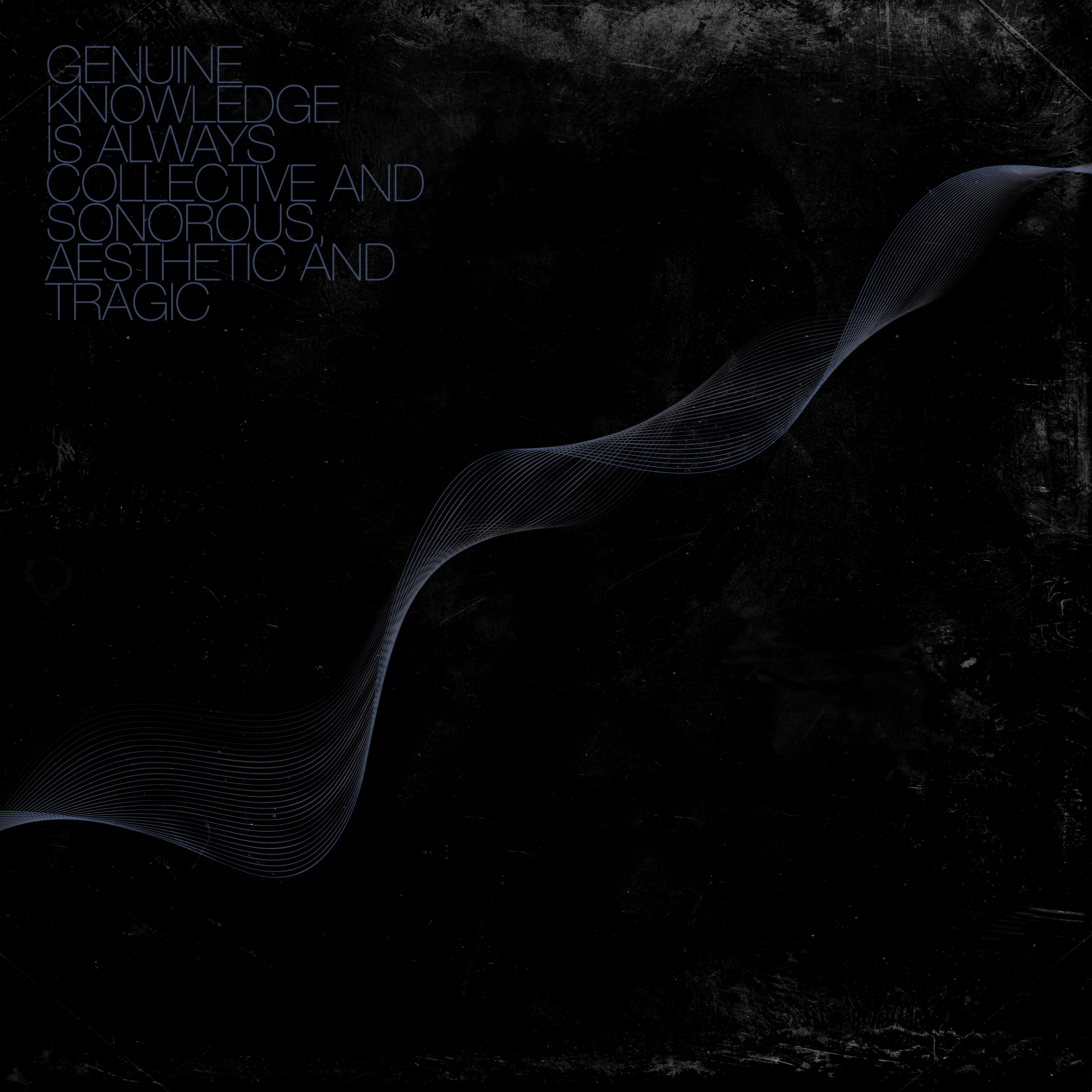
Incubator of Possibility
A lament is a clandestine form of remembering. In this sonic fiction, our writer imagines a chorus of marginalized voices arriving from the future and enacting a critical fabulation of the past and present.
Imagine a chorus of voices – female, animal, machinic – arriving from an unknown space and time to perform a lament. Laments are extreme expressions of grief in the form of a song or poem. In the future, who, what, and how we mourn has changed unrecognizably and tragedy becomes an incubator of possibility.
To activate history through a lament.
To allow it to happen once more but differently.
Ceasing, if only temporarily, to be one.
A chorus is a device through which voice emerges as a force irreducible to an act or its agent. It is a polyphonic assembly, made of many entangled voices, calling for the destruction of the tragic hero or great man in the whole. In ancient tragedy, a chorus typically (re)turns to the past to scan history for a precedent, in search of meaning for the present. On this occasion, the chorus travels to the past not to learn from it but to rewrite it, from the perspective of those voices silenced by the archive.
Their lament transports us to a state of wisdom, which can only be mediated through music, rather than mere knowledge (i.e., reason and reasoning). Genuine knowledge is always collective and sonorous, joyful and unendurable, aesthetic and tragic. Para-citing Nietzsche’s intention, lamenting is both an intimation of the horror of reality and a consolation for it.
Though words may be spoken, there is another level of significance in the gaps where speech is either lost or becomes irrelevant, as «voice devolves into inarticulacy, a moan, a cry: vocal expressions at once sorrowful and joyous, otherworldly and therefore extremely dangerous» (Cavarero and Langione 2012, 76). Echoing Veena Das, «how does one not simply articulate loss through a dramatic gesture of defiance but learn to inhabit the world, or inhabit it again, in a gesture of mourning?» (Das 2007, 62).
The chorus is perceived to pose a threat to the social order due to the extreme uncertainty that lamenting carries with it as an orgiastic state of grief. The demonization of ecstatic experience and the simultaneous privileging of rationality as the only reliable form of consciousness are part and parcel of Western civilization’s fetishization of the autonomous, secular, and industrious self. As all ecstatic, collective experience, the chorus’s lament can be largely attributed to «the nervous temperament or weak education of women, the working-class and people of colour» (Evans 2017, 17).
In 5th century BC Athens, lamenting choruses were banned for the sake of harmony, most notably in the form of a law that demanded the individual oath from citizens «I shall not recall misfortunes» (Loraux 1998). To lament is to remember. Collective grief, suddenly expressed, gives the signal of social mourning against state-induced limbo. Since there is no absolution for absolute grief, and history is nothing but a violent fiction, the chorus belongs to a different order of reality.
It exists only as, what Saidiya Hartman (2008) calls, a «critical fabulation»: the double gesture of writing a cultural history of the captive and, at the same time, enacting the impossibility of representing them through the process of narration. The polyphonic chorus points to an unlimited openness of the voice to develop into unpredictable futures. Afterall, «Truth is not born nor is it to be found inside the head of an individual, it is born between (voices) collectively searching for truth, in the process of their dialogic interaction» (Bakhtin 1984, 110).
List of References
This essay is part of Ikoniadou's larger research project on the voice, which includes the vinyl LP «Future Chorus». Out on January 20, 2023, by Hypermedium and MAENADS, curated by Eleni Ikoniadou and featuring five tracks by AGF, Chino Amobi, Lafawndah & Trustfall, Harrga, and Savvas Metaxas.
«Sonic Worlding» is a monthly Norient column. It invites writers and artists from all over the world to to think and speculate with and not only about music. Where most music writing treats music as something that can be categorised and placed in pre-determined boxes (personality cults, end-of-year lists, genres, origins, styles), «Sonic Worlding» is interested in the vast potential of rhythms, ideas, and worlds that are still to be unlocked, attempting to spin new webs of thought spanning the globe. Edited & curated by Norient editor Philipp Rhensius.
Biography
Published on November 28, 2022
Last updated on July 06, 2023
Topics
Music and art that dealing with the unfinished and undefined.
About Tunisian rappers risking their life to criticize politics and musicians affirming 21st century misery in order to push it into its dissolution.
From Pakistani wrestling practice «kushti» to muezzin singing contests in Turkey.
Special
Snap
